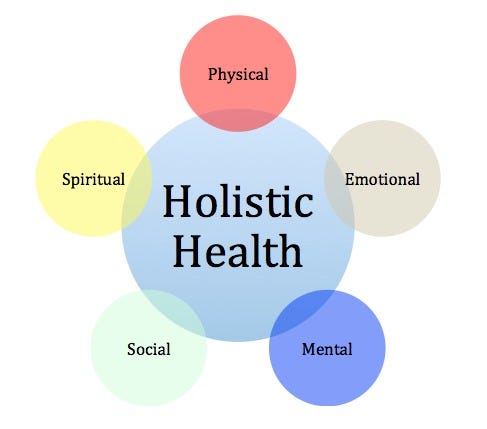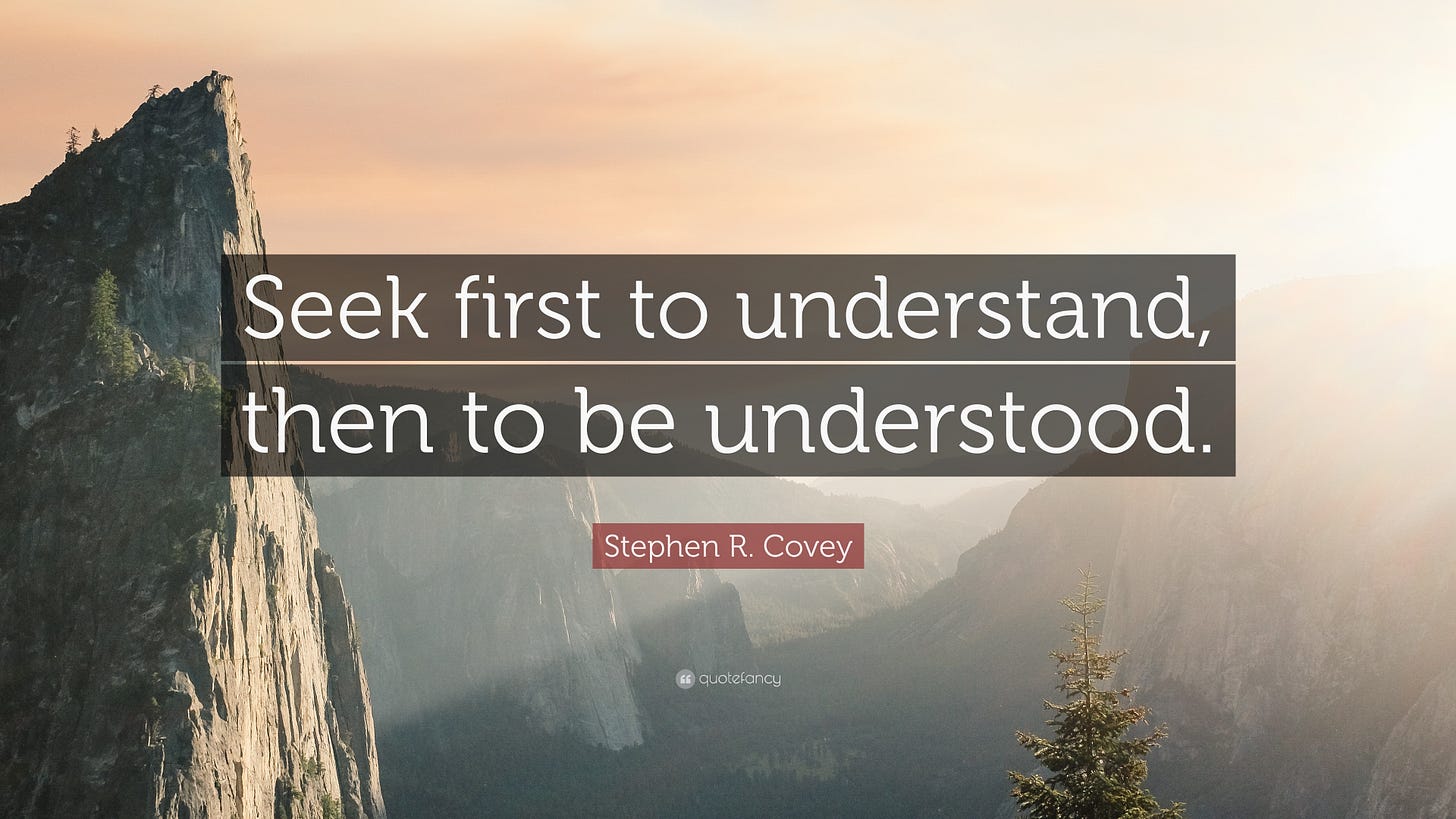Reviving Public Health: Education, Trust, and the Human Connection
RFK Jr.'s moment to bridge divides in the vaccine debate, and why it slipped away
Confirmation hearing for Robert F. Kennedy Jr.
Robert F. Kennedy Jr. has been a controversial figure, particularly regarding his stance on vaccines. There has been intense scrutiny and polarization centered around vaccines in recent years.
The most aggressive lines of inquiry during his 3½-hour appearance before the Senate Finance Committee came from Democrats. Democrats repeatedly brought up Kennedy's long history of vaccine skepticism. They would ask questions and not allow him to answer and seemed to be really caught up on this ‘anti-vaccine’ narrative.
The full hearing can be viewed here: https://www.finance.senate.gov/hearings/hearingto-consider-the-nomination-of-robert-f-kennedy-jr-of-california-to-be-secretary-of-health-and-human-services
"News reports have claimed that I am anti-vaccine or anti-industry," Kennedy said. "I am neither; I am pro-safety. I worked for years to raise awareness about the mercury and toxic chemicals in fish, but that didn’t make me anti-fish. All of my kids are vaccinated, and I believe vaccines have a critical role in health care."
He was asked multiple times about his stance on vaccines and he capitulated that he is for vaccines.
“I support the measles vaccine. I support the polio vaccine. I will do nothing as HHS secretary that makes it difficult or discourages people from taking anything,” he said.
I’m mystified by the pushback on wanting rigorous testing of products that will be injected into the human body, especially when we prioritize safety and testing for so many other things, like food and other pharmaceuticals. People want to trust that the products they’re being asked to put in their bodies have been carefully evaluated.
The intense scrutiny and polarization really hindered a much-needed conversation on vaccines. It feels like a missed opportunity for Kennedy, though I can understand how difficult it must have been to clearly articulate a response under such intense pressure.
Here is what I would have said
If someone wants to get a vaccine I will do everything in my power to help them get one.
At the same time, we should never force, coerce, bribe or threaten anyone into getting vaccinated.
It’s important to respect personal autonomy, while still aiming to protect public health. First and foremost, people need to be given all the information about a vaccine in order to make informed decisions about what is best for themselves and their families. All the pros and cons of vaccination must be relayed to individuals prior to receiving vaccines. In order to do that, vaccines must be rigorously tested to have a clear understanding of the positive and negative health benefits of these products.
We also need to revisit how we assess the necessity of vaccines, carefully weighing the risks and benefits both for individuals and for the population as a whole. Different groups face different levels of risk when it comes to illness, and that needs to be taken into account.
The bottom line is that people should have the freedom to choose what’s best for themselves and their families without being judged or belittled.
Here’s an example of a public health issue where people are able to make their own choice
It is widely known that eating raw seafood can increase the risk for foodborne illness. There are consumer advisories on every restaurant menu that clearly state: Consuming raw or undercooked meats, poultry, seafood, shellfish or eggs may increase your risk of foodborne illness, especially if you have certain medical conditions.
I spent a great deal of my time as an epidemiological specialist investigation foodborne illness and outbreaks. A majority of these illnesses were caused by people having eaten raw seafood such as poké (a dish of diced raw fish tossed in sauce) or raw oysters. In fact, when I first started working at the Hawaii Department of Health they were investigating a hepatitis A outbreak that later turned out to be linked to people having eaten raw scallops. By the end of the outbreak, seventy-four people had been hospitalized with two fatalities.
Scallops are seen in this 2015 Bloomberg file photo. Imported frozen scallops have been linked to an outbreak of hepatitis A in Hawaii by the state Department of Health, which has ordered the closure of Genki Sushi restaurants on Oahu and Kauai, where the scallops were sold.
Even though foodborne illness from raw seafood is a known risk, the sale and consumption of it hasn’t been banned, and people are still given the choice. In fact, the fact that such a high percentage (approximately 98%) of people in Hawaii regularly consume raw seafood, despite the advisory, shows that people are capable of making their own informed choices about the risks they’re willing to take. It’s a good example of balancing public health guidance with personal freedom and responsibility.
Relationships matter
Public health is meant to safe guard health for all people in all communities. We must take a holistic approach to health. Health has multiple facets; spiritual, mental, emotional, physical and financial wellness. Public health must safeguard all areas of health. Public health efforts that only focus on one aspect can miss out on the full picture, and that broader view would probably help more people in the long run.
Source: https://pdhpe.net/better-health-for-individuals/what-does-health-mean-to-individuals/meanings-of-health/dimensions-of-health/
Building trust within communities is key, and that can’t be done from behind a desk or a screen. Public health professionals need to be out there, engaging directly with the people they’re trying to serve. Understanding the real concerns people have about their health, and responding to those concerns with empathy and accurate information, is critical.
We need an army of public health educators teaching proper hand hygiene and giving seminars on health threats. An army of public health educators spreading awareness about hygiene and other health threats could go a long way in preventing issues before they even start. When we were kids, community-based health clinics were a common way to deliver vaccines and health education—there’s definitely something to be said for getting back to that level of grassroots engagement. It’s about meeting people where they are, building relationships, and creating a sense of shared responsibility for health.








Great article